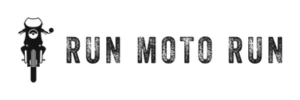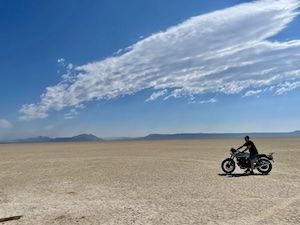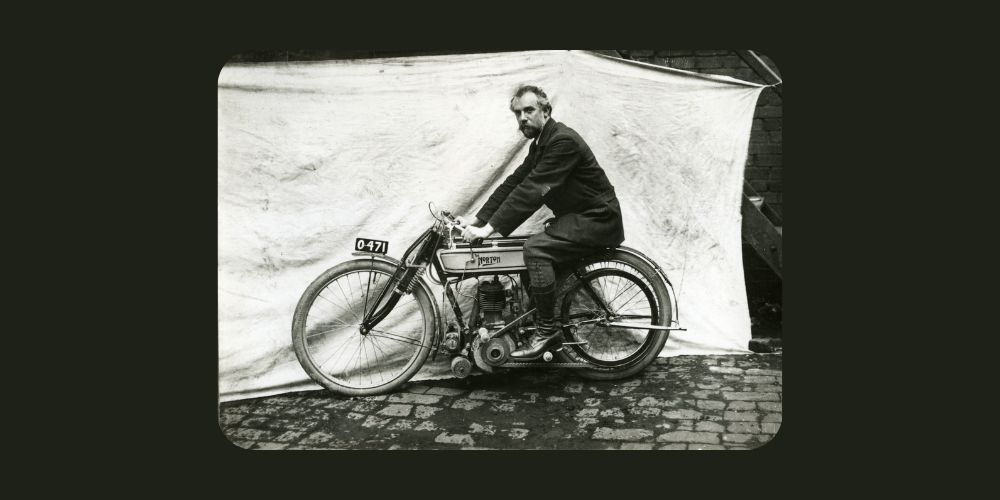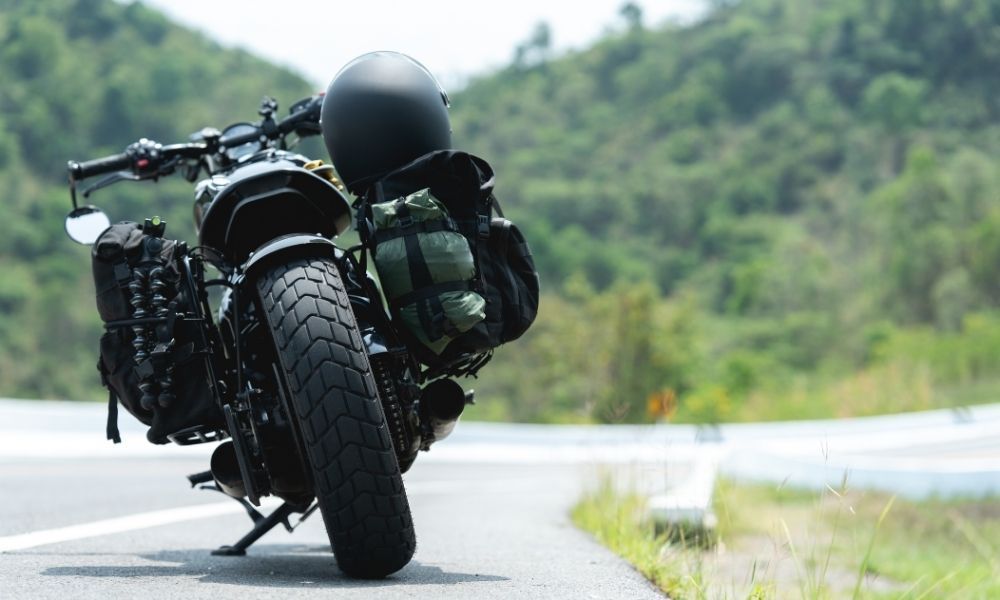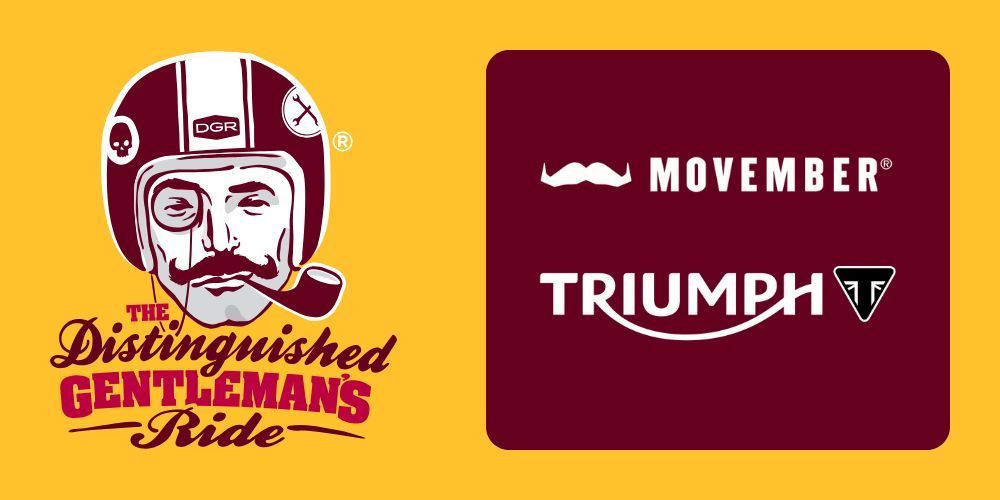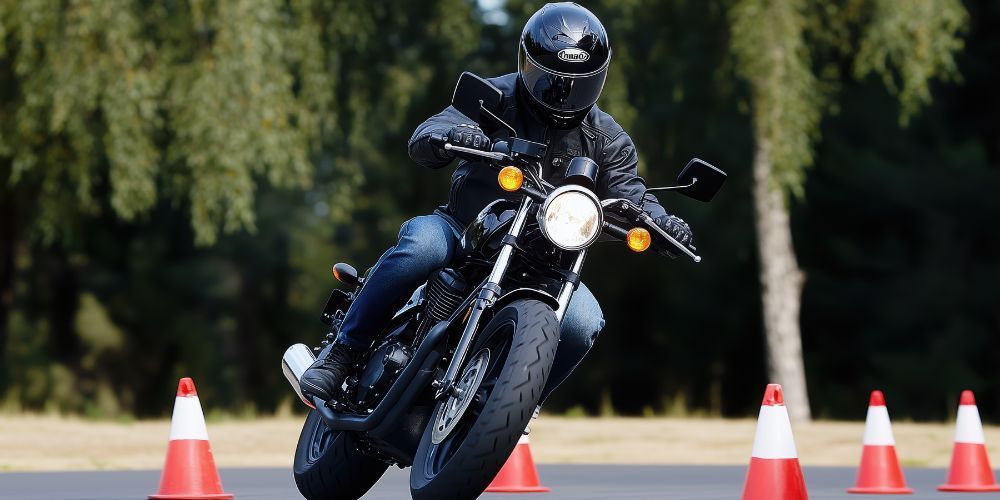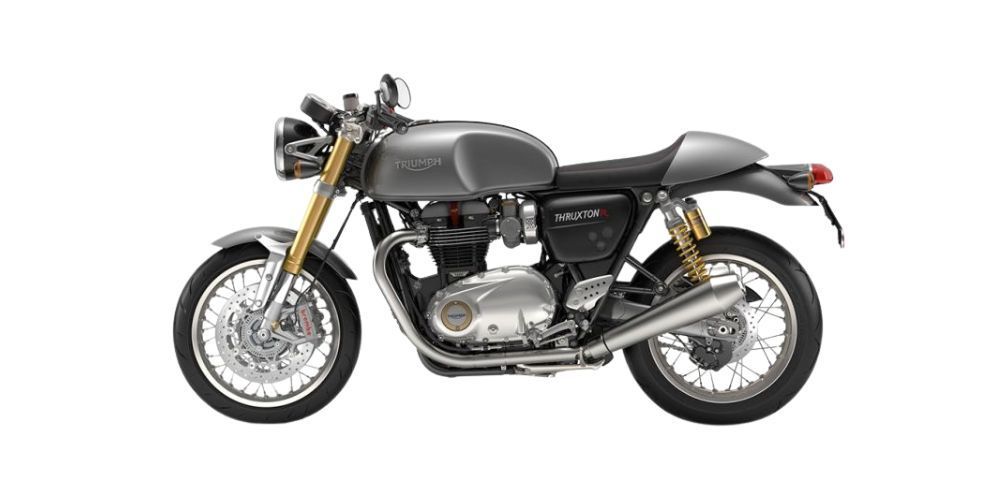Cafe Racer: A Timeless Motorcycle Subculture
Unleashing Speed, Style, and Rebellion: The Journey Through Cafe Racer's Iconic Heritage
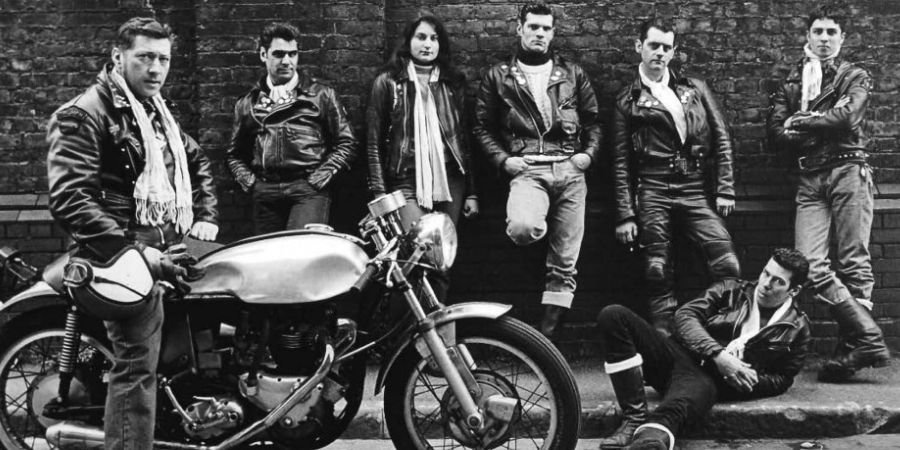
The term "cafe racer" evokes a world filled with speed, style, and individuality. From its inception in the 1960s to its modern renaissance, the cafe racer culture has had a significant influence on the motorcycle world. This article aims to explore the essence of cafe racers, highlighting the history, aesthetics, culture, and the key figures who have contributed to this fascinating movement.
History of Cafe Racers
Cafe racers originated in Britain during the 1960s, when motorcyclists would engage in informal races between cafes and other landmarks. This led to a burgeoning subculture that attracted enthusiasts looking for speed, agility, and a distinctive style.
Style and Aesthetics
The cafe racer's design is characterized by a minimalist and sleek approach. Low handlebars, elongated fuel tanks, and trimmed down parts are all key to the style. Renowned custom builders like Shinya Kimura and Walt Siegl have significantly influenced the aesthetics, pushing the boundaries of design and creativity.
Rock 'n' Roll and Rebellion
The cafe racer culture has deep and intertwining connections with the rebellious spirit of rock 'n' roll, a relationship that goes beyond mere aesthetics. This section explores the synergy between the cafe racer movement and the rock 'n' roll era, examining the underlying values, influences, and expressions that have shaped this vibrant motorcycle subculture.
Ties to Rock Music
The 1960s, a pivotal time for both rock music and cafe racers, witnessed an explosion of new sounds and styles. Rock bands like The Rolling Stones, The Who, and The Beatles were not only defining the musical landscape but also influencing youth culture. Cafe racers became an extension of this rebellion, with the motorcycles symbolizing a break from convention and a pursuit of freedom and individuality.
Musicians like Billy Idol and Keith Richards have been known to ride and endorse cafe racers, drawing a parallel between the raw energy of rock music and the adrenaline-fueled experience of riding.
Rebellious Spirit
The rebellion associated with cafe racers was not simply about speed and style; it was a reaction against the societal norms and expectations of the time. The act of customizing motorcycles and engaging in high-speed runs between cafes was a way for riders to assert their independence and challenge traditional values.
Iconic figures like actor Steve McQueen, who epitomized the rebel persona both on and off the screen, have been associated with the cafe racer culture, reinforcing its nonconformist image.
Influence on Fashion and Art
Cafe racer culture extended its influence into fashion and art, inspiring clothing lines, accessories, and visual aesthetics that resonate with the rock 'n' roll era. Leather jackets, tight jeans, and boots became the uniform of cafe racer enthusiasts, mirroring the attire of rock stars of the time.
Artists and designers have also drawn inspiration from the cafe racer movement, producing artwork, posters, and branding that reflect the sleek lines and aggressive styling of the motorcycles.
Community and Legacy
The cafe racer community has nurtured a sense of camaraderie and shared passion that transcends generations. Clubs, events, and gatherings have provided venues for riders to connect, share knowledge, and celebrate their unique interests.
Notable custom builders like
Shinya Kimura have continued to evolve the cafe racer style, blending tradition with innovation and keeping the rebellious spirit alive.
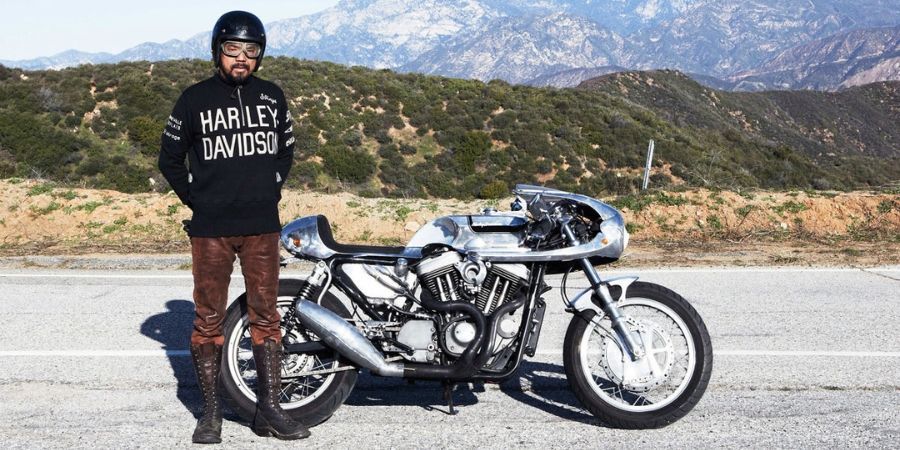
Iconic Models and Manufacturers
The cafe racer style has inspired both major motorcycle manufacturers and independent builders to create bikes that embody the sleek and performance-oriented aesthetics of the genre. This section explores some of the most iconic models and manufacturers that have contributed to the cafe racer culture.
Triumph Motorcycles
Triumph's Bonneville and Thruxton models stand as classic examples of cafe racer design. Named after the famous Bonneville Salt Flats, where many land speed records were set, these bikes have become synonymous with speed and style. The Thruxton, particularly, has been a platform for many custom cafe racer builds, allowing riders to modify and personalize to their taste.
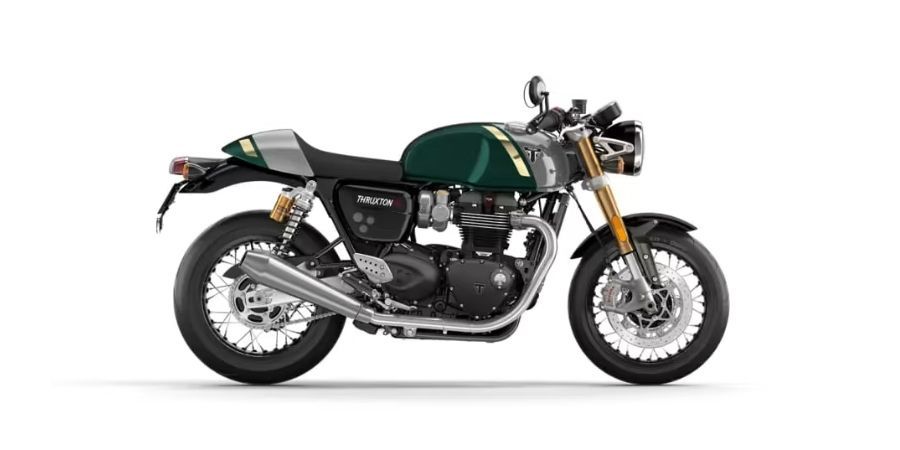
Ducati
Ducati's SportClassic line, including the GT1000 and Paul Smart 1000 Limited Edition, has played a significant role in reviving and popularizing the cafe racer style. With Italian flair and performance engineering, these models have become sought-after icons in the cafe racer community.
BMW Motorrad
BMW's R nineT Racer harks back to the classic cafe racer design with its distinctive styling and performance features. The modular construction allows for extensive customization, appealing to riders seeking a unique and personalized cafe racer experience.
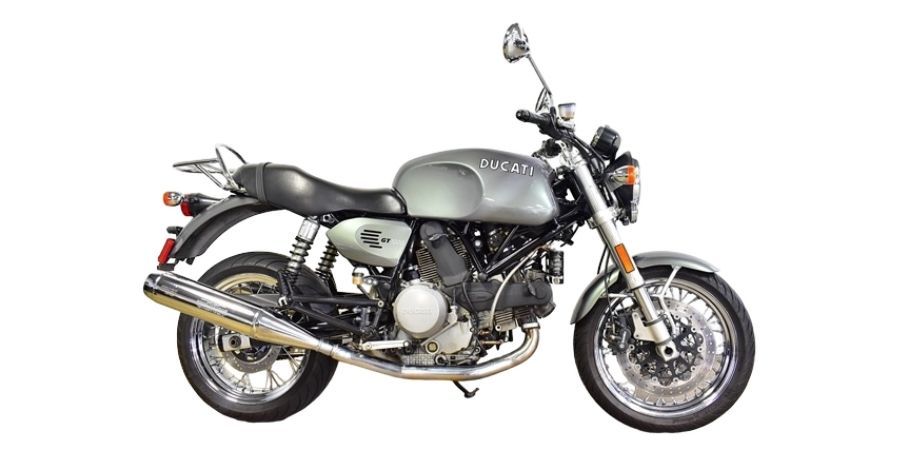
Royal Enfield
Royal Enfield's Continental GT 650 captures the spirit of the 1960s British cafe racer scene. With its vintage look and modern performance capabilities, it offers an accessible entry point for enthusiasts looking to explore the cafe racer style.
Norton Motorcycles
Norton's Commando series has also become a favorite among cafe racer builders. The distinctive British design and racing pedigree make it a natural fit for the cafe racer aesthetic.
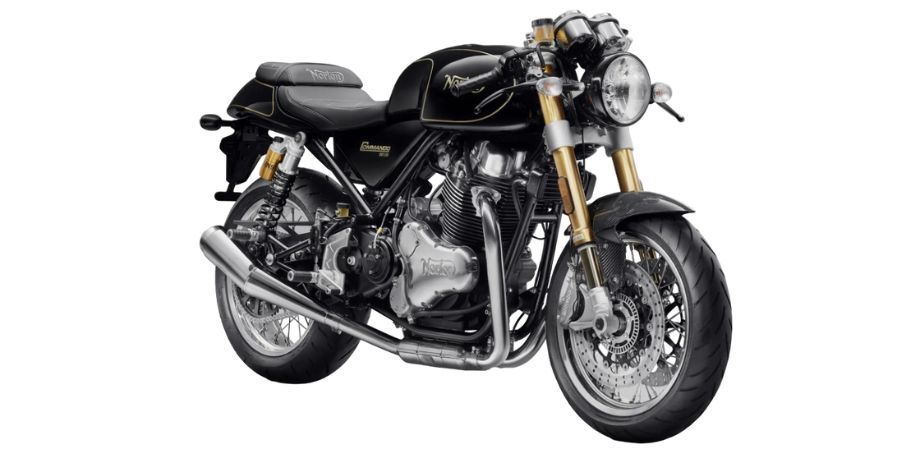
Independent Builders
In addition to major manufacturers, independent builders like Roland Sands, Shinya Kimura, and Walt Siegl have made significant contributions to the cafe racer scene. Their custom creations showcase innovative design, craftsmanship, and a profound understanding of the cafe racer ethos.
Modern Interpretations
The resurgence of cafe racer popularity has led to contemporary interpretations by manufacturers such as Yamaha with its XSR series and Kawasaki's Z900RS Cafe. These modern bikes incorporate classic cafe racer elements while integrating cutting-edge technology and performance features.
The landscape of cafe racer models and manufacturers is rich and diverse, reflecting a broad spectrum of tastes, styles, and technological advancements. From timeless classics to innovative custom builds, the cafe racer continues to be a dynamic and evolving genre within the motorcycle world.
Cafe Racers Today
Today, the cafe racer culture continues to thrive, both in local communities and online platforms. Influential figures like David Beckham have embraced the style, contributing to its global appeal.
The do-it-yourself aspect remains strong, with new generations of builders and riders taking inspiration from the past while adding their unique touch.
The cafe racer is more than just a style of motorcycle; it's a symbol of a particular ethos that values speed, design, and individual expression. From its historical roots to its modern iterations, the cafe racer culture is a vibrant and essential part of the motorcycle world.
Notable personalities, innovative designs, and a sense of community have shaped the cafe racer movement, ensuring its continued relevance and appeal.
Whether you're a seasoned rider or simply captivated by the romance of the open road, the world of cafe racers offers an exciting and rich exploration into a unique motorcycle subculture.
About the Author
William Flaiz, passionate about European motorcycle brands, shares his expertise and stories on RunMotorun.com. He offers detailed insights and reviews, aiming to educate both seasoned enthusiasts and newcomers. Flaiz combines personal experience with thorough research, welcoming visitors to explore the rich world of European motorcycles alongside him.
